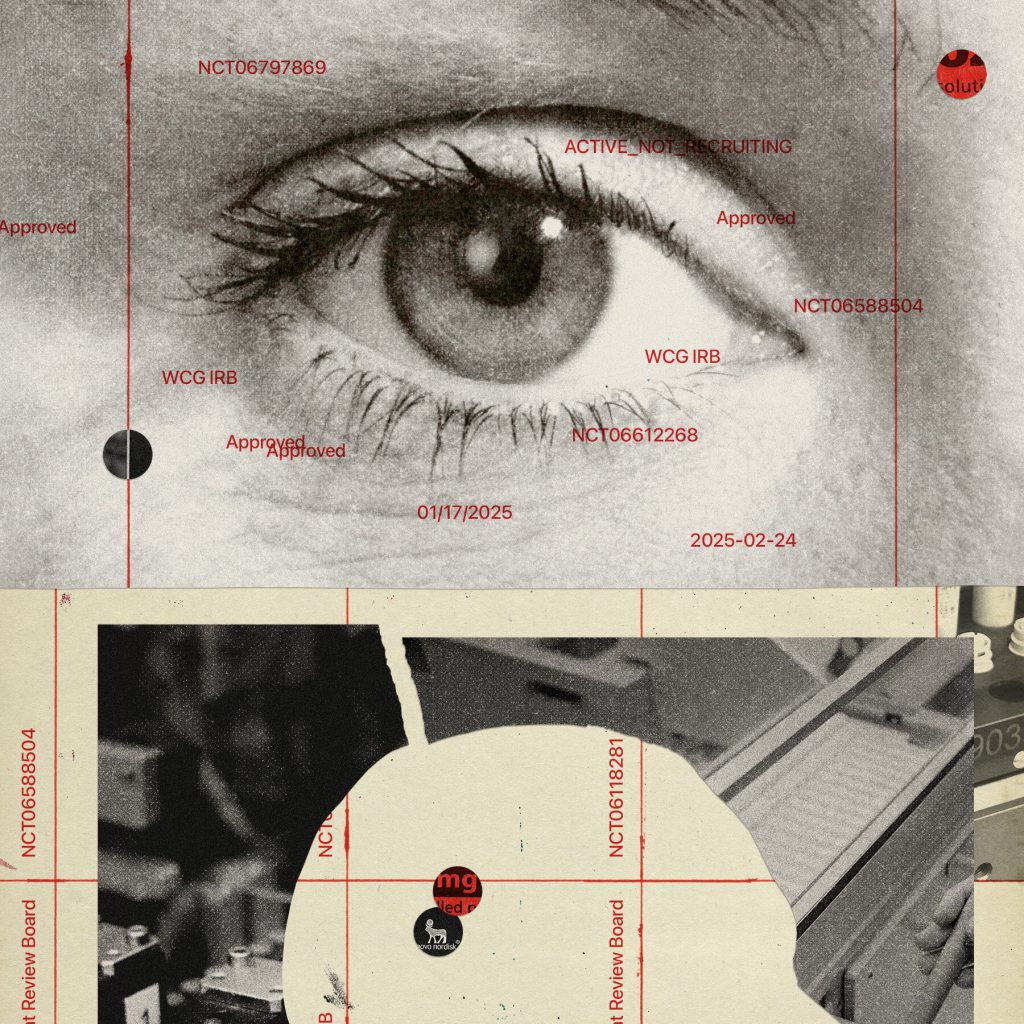When a Hearing Aid Isn’t Enough

For many older adults struggling with hearing loss, traditional hearing aids have long been a trusted solution. However, for those with more severe cases of hearing impairment, cochlear implants have emerged as a game-changing alternative. In recent years, there has been a notable surge in the number of older adults turning to cochlear implants, and a significant factor contributing to this trend is the expanded eligibility criteria set by Medicare.
Cochlear implants are medical devices that bypass damaged portions of the ear and directly stimulate the auditory nerve, allowing individuals with severe to profound hearing loss to perceive sound. Unlike hearing aids, which simply amplify sound, cochlear implants can provide a more nuanced and natural auditory experience. However, their adoption was previously limited by stringent eligibility requirements and the associated costs.
The turning point came when Medicare broadened its coverage to include cochlear implants for patients with more moderate levels of hearing loss. This shift in policy has made these life-changing devices more accessible to a wider range of individuals. As a result, a growing number of older adults are now considering cochlear implants as a viable option to improve their hearing and, by extension, their quality of life.
The expansion of eligibility under Medicare has been instrumental in making cochlear implants more than just a niche solution for the profoundly deaf. It has opened the door for individuals who, despite using hearing aids, still struggle to communicate effectively in everyday situations. For these individuals, cochlear implants offer a new lease on life, enabling them to engage more fully with their surroundings, reconnect with loved ones, and participate in activities they had previously found challenging.
The decision to opt for a cochlear implant is not taken lightly. It involves a comprehensive evaluation by a team of specialists, including audiologists and otolaryngologists, to determine candidacy. For those deemed suitable, the benefits can be profound. Beyond the improvement in hearing, recipients often report enhanced social interactions, reduced feelings of isolation, and an overall increase in well-being.
As the population ages and the prevalence of hearing loss grows, the role of cochlear implants in addressing this issue is likely to become even more significant. With Medicare’s expanded coverage, the financial barriers that once limited access to these devices have been substantially lowered. This development has not only increased the number of older adults benefiting from cochlear implants but has also underscored the importance of considering these devices as part of the spectrum of solutions for hearing loss.
The journey towards better hearing is personal and varies from one individual to another. For those for whom hearing aids are no longer sufficient, cochlear implants represent a powerful tool in the quest for improved hearing and a richer, more engaged life. As awareness grows and more people learn about the benefits and possibilities offered by cochlear implants, it’s likely that their use will become increasingly integrated into the broader conversation about hearing health and solutions for older adults.




